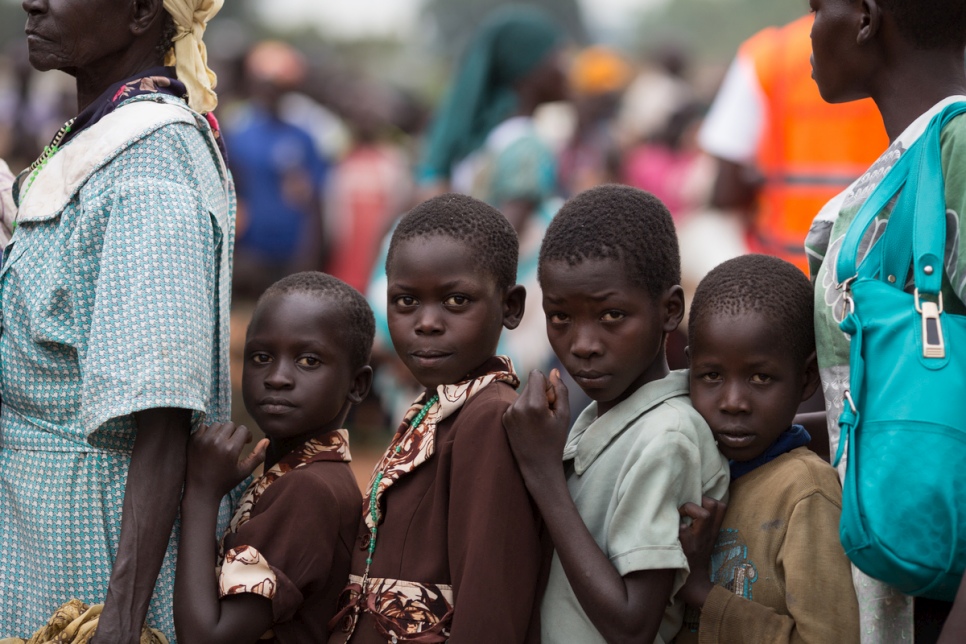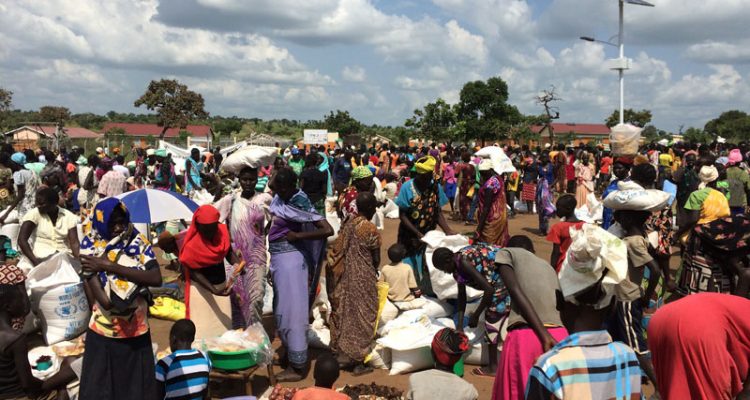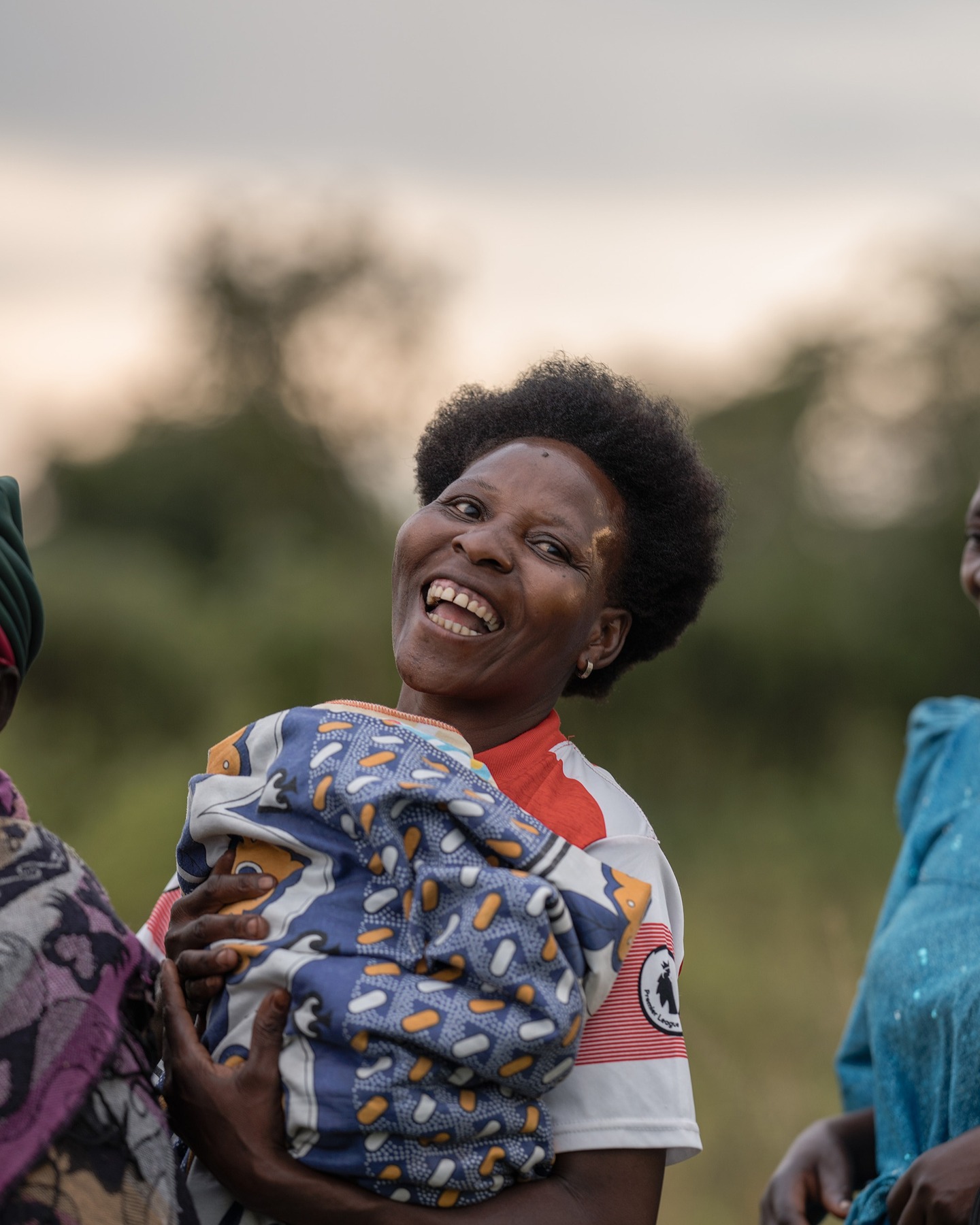
South Sudanese Refugee Crisis in Uganda

Conflict in parts of South Sudan continues, and as a result, hundreds of thousands of people are being displaced to neighboring countries. Many of those refugees face food shortages, life-threatening illnesses and the fear of imminent violence. Other difficulties include an abrupt halt to education, the hyperinflation of food and necessities and inability to receive much-needed medical care due to various obstacles. According to UN Secretary-General Ban Ki Moon, “one million South Sudanese children are not able to attend school, and nearly five million people face severe food shortages.” Even those who are fortunate enough to escape to another country are struggling because of these factors.
-South Sudanese man- “Since the fighting started again in Juba, I had to send my wife and my six-year-old son to Uganda. I don’t want them to be here. Life [here] is not only insecure but also very expensive, while in Uganda, even as refugees, they have access to health and education. When I was a child, in 1989, I fled South Sudan because of the war [1983 to 2005] and spent more than 20 years working in Khartoum and Darfur. In 2012, I came back hoping the independence would give us a better life. But all that hope is lost now. Selling vegetables in my small shop gives me around 7,000 pounds every month, which I need to convert to US dollars to send to my family in Uganda. With the current exchange rate, I barely get 100 dollars – three or four times less than [only a few] months ago. The currency depreciation has made supporting my family harder. Food prices are getting ridiculous in the market. For the past few months, they are three, four or even five times more expensive. Before, one banana used to cost 10 pounds. Now, it’s 50! How are people going to buy from my shop? I never rest. I work all week – more than 10 hours a day – just to keep surviving. It makes no sense to me. I’m considering leaving South Sudan for good and joining my family in Uganda. I think it will be better for all of us.”
(http://allafrica.com/stories/201609151142.html)

About a month ago, 1,700 South Sudanese were arriving in Uganda each day. That number is rapidly growing and funds are getting thin. There is a push to register all of the refugees in Uganda in order to secure safety and peace of mind for residents near the transit centres. And rations have been cut in half, just so the demand for food can be met. Many pregnant women who have fled South Sudan are fighting to keep themselves and their unborn babies healthy due to the rapid increase in population at the temporary housing for refugees. They receive the same rations as everyone else, and often that is just not enough to sustain them and the life growing inside.

These refugees are people with families and hopes and dreams much like our own. They have been ripped from their homes, torn away from family and face insurmountable obstacles on a daily basis. Would you join us in praying for the leadership of this war-torn country? Pray that God would bring peace and people would eventually be able to return to their homeland. Pray for these precious people; that they would receive the nutrition, medical care and education they need. And finally, pray about helping to support the organizations providing aid and relief in these uncertain times in South Sudan. Want to know more how YOU can make a difference? Read more about the conflict in South Sudan here.
